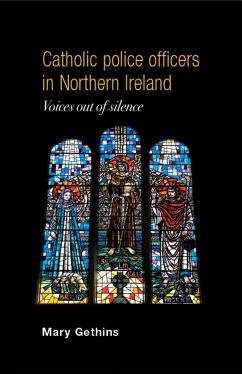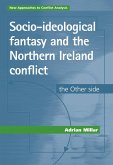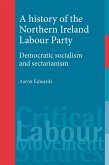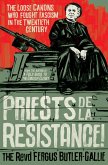This exciting new monograph aims to establish the historical and cultural reasons why there was only a participation rate of 7-8% by the Catholic population in policing Northern Ireland when the Police Service of Northern Ireland (PSNI) came into being in 2001, even though Catholics constituted 46% of the total population. It also aims to ascertain whether or not implementation of the Patten Commission's recommendation to recruit to the PSNI on a 50: 50 basis between Catholics and non-Catholics has resulted in greater representation and what the political and cultural obstacles might be in transforming policing from meeting colonial model criteria to those of the liberal model advocated by Patten. In doing this, author Mary Gethins uses a wealth of historical data to show that there has for a long time been a problematic relationship between the native Irish Catholic population and the police, and the reasons for Catholic under-representation in the police force can be largely put down to this legacy. A survey of Catholic police officers focusing on family history, reasons for joining the police and sacrifices perceived to have been made in joining a largely Protestant organisation provide a strong empirical evidence base from which Gethins draws illuminating lessons. The work is informed by sociological theory to show that Catholic police officers are atypical of the Catholic population at large in Northern Ireland, and best explained by the concept of fragmented identity. Policing by consent is identified as being the most challenging criterion of the liberal model of policing to be met in Northern Ireland and in considering whether or not the PSNI by its own efforts is capable of embedding a fully developed liberal model, Gethins ends on a note of cautious optimism. The book will be of vital benefit to anyone interested in Irish politics, sociology, peace and reconciliation and both Irish and international police forces.
Hinweis: Dieser Artikel kann nur an eine deutsche Lieferadresse ausgeliefert werden.
Hinweis: Dieser Artikel kann nur an eine deutsche Lieferadresse ausgeliefert werden.








